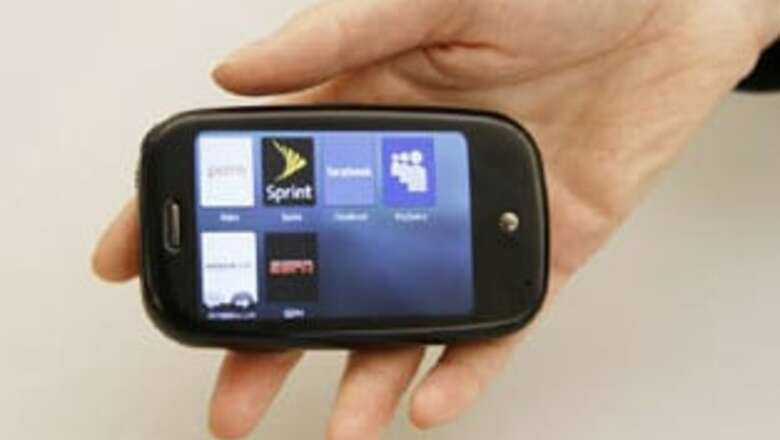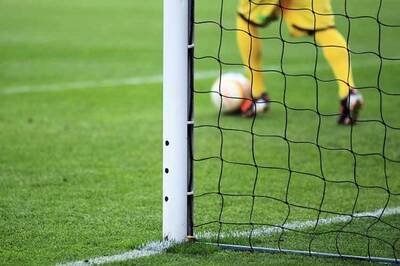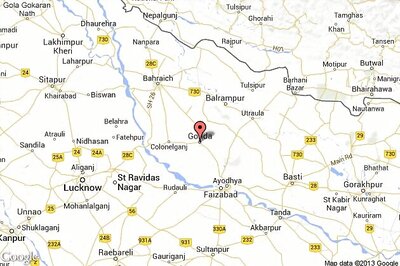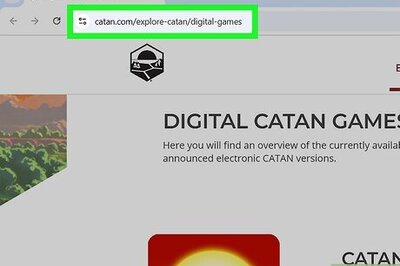
views
New York/Chicago: Small crowds gathered on Saturday for the official launch of Pre, the smartphone seen as Palm Inc's best chance to claw back market share from Apple Inc's iPhone and Research In Motion Ltd's Blackberry.
The new high-end phone, considered a pivotal product for both Palm and Sprint Nextel, has been greeted by rave reviews. Lines were far shorter than those that snaked around Apple stores for its first hugely popular iPhone two years ago, but many consumers said they were eager for the new product.
"I wanted their iPhone killer. I've been anticipating this for a while," said Peter Lewis, who bought phones for himself and his wife at a Sprint store in Chicago.
"This is my birthday present to myself," said Wilma Rivera, 36, a heating technician who brought her 17-month-old daughter to Sprint's flagship store in Manhattan.
Rivera, a long-time Palm user, said while she had been tempted by iPhone, sold only by AT&T Inc in the United States, she "never wanted to leave Sprint."
Sprint, the No. 3 U.S. mobile telephone service, is depending on Pre to help stem defections and win back subscribers from rivals such as AT&T and Verizon Wireless, a venture of Verizon Communications and Vodafone Group Plc.
Sprint spokeswoman Jennifer Walsh Keifer said late on Saturday that Sprint had sold out of Pre phones at a number of different locations around the country and that the company was doing its best to restock stores.
Pre is hitting the shelves just before Apple is widely expected to announce a new iPhone on June 8.
Price and keyboard
The Pre costs $199.99, after a $100 rebate, for customers who sign a two-year service contract. It is priced in line with the $199 smaller-capacity iPhone.
Pre's monthly service fees start at $69.99, including unlimited text messaging, lower than the cost of iPhone service plans with similar features. "It's always nice to see a bunch of people waiting for a product you worked on," said Palm Executive Chairman Jon Rubinstein, a former Apple executive who helped create the iPod, at a Sprint store in San Francisco's financial district.
PAGE_BREAK
He said the opportunity for smartphones was big enough to sustain a market for three to five successful vendors. "For us, the opportunity is not to take customers away from RIM or Apple," Rubinstein said, but rather to entice users of lower-level cell phones to upgrade to a more powerful smartphone.
Some who waited in line on Saturday were clearly more technologically savvy. Juan Mondragon, a 33-year-old jewelry store manager in line at another San Francisco store, said he wanted to compare the Pre to his current iPhone, even if the experiment meant paying for two separate service plans.
"At least I can afford it for one month," Mondragon said. The Pre's tiny keyboard is expected to attract some consumers who find it difficult to type on iPhone's virtual touchscreen, such as Lynne Margolin, a Chicago grandmother who traded up from a Palm 650 Treo to the Pre on Saturday.
Margolin said she was concerned the number of applications may be limited early on compared to the vast number of "apps" her friends can get on their iPhones.
Pre was the most talked about device at the Consumer Electronics Show in Las Vegas in January. It is the first Palm phone to use the company's new webOS operating system.
Palm investors have been waiting for its new mobile platform since June 2007, when Elevation Partners took a $325 million, 25 percent stake in Palm and brought in Rubinstein.
Sprint hopes to attract corporate clients, but the Pre could have a difficult time making inroads with often conservative corporate technology departments.



















Comments
0 comment